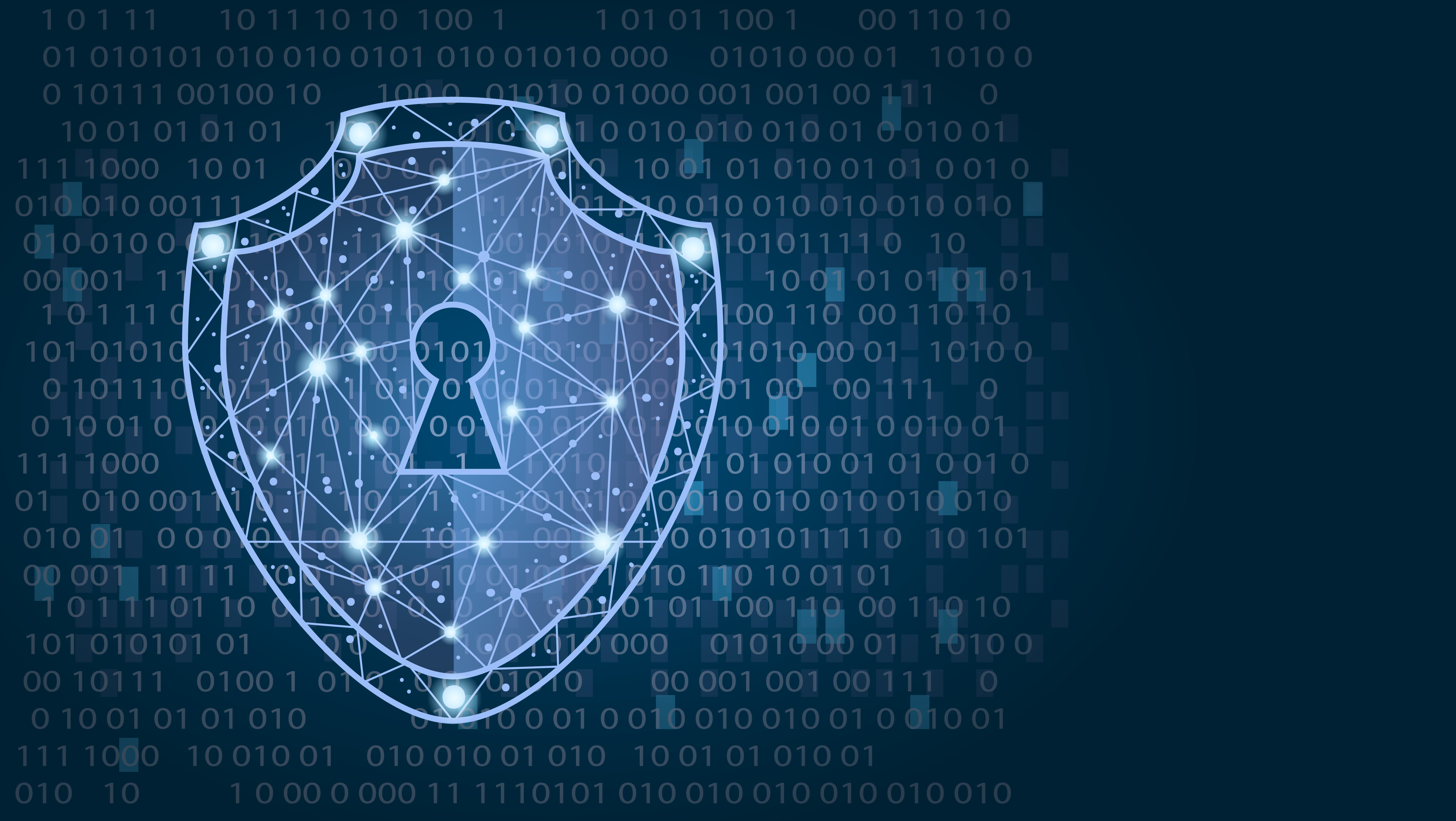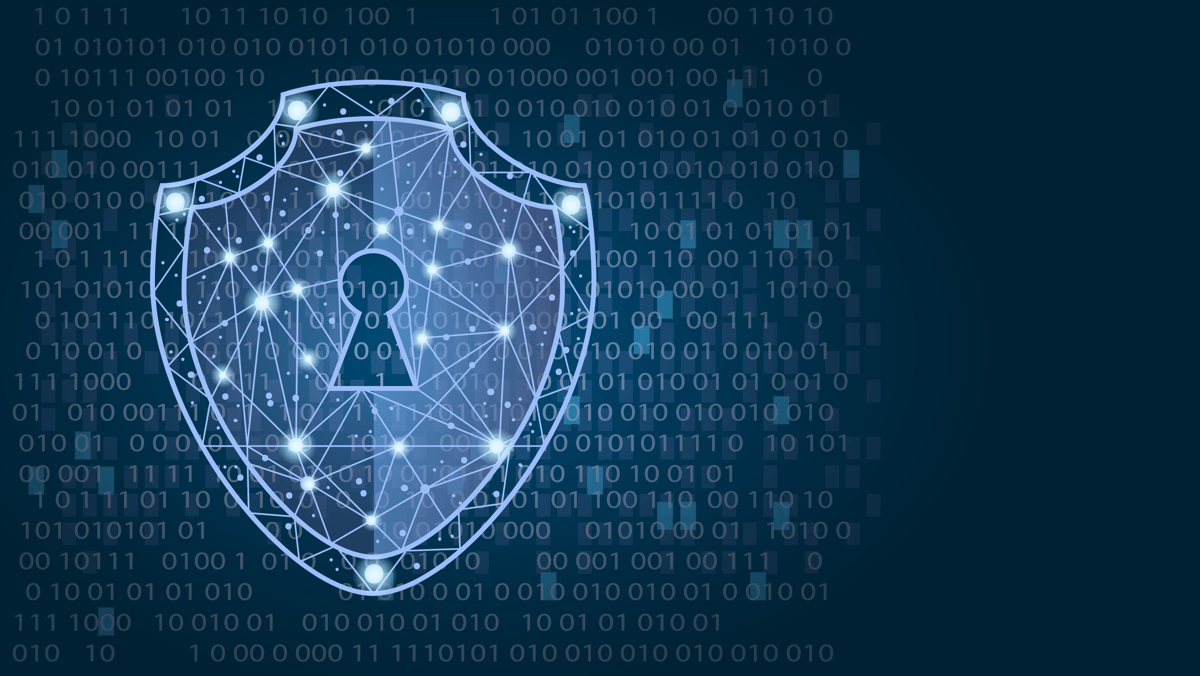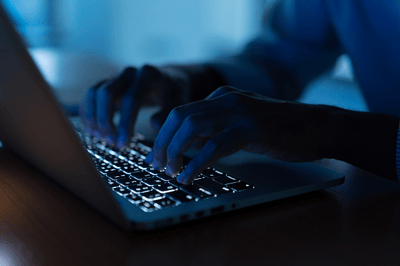Protect yourself from getting hacked or having your sensitive business data and personal information stolen during the holiday season.

Photo Credit: © panandrii - stock.adobe.com
You may be on vacation, but hackers aren’t. Taking extra precautions can boost your digital defenses and help protect both personal and work-issued devices.
Here are five ways you can improve your cybersecurity measures to help you stay secure during the holiday season. 
1. Remove sensitive data from your device
Backup the devices you’re bringing, and then remove any sensitive data, such as financial statements. Keep all of your software patched and up to date. Delete or leave behind any sensitive data or files that you won’t need on your trip. Encrypt what remains with tools such as FileVault, for Apple devices, and BitLocker, for Windows devices.
2. Ensure security on your device is updated
Apply all updates to systems and applications prior to traveling. Updates and patches acquired from unsecured networks may be malware in disguise. Also, backup any data on devices that will be traveling with you, and turn off file-sharing and printer-sharing applications. These can be used by an outside party to connect to your device.
3. Be vigilant against theft
Leaving your device unattended for a matter of seconds could potentially lead to theft. Also, be mindful of those around you, since someone might be watching as you enter passwords. This is commonly known as shoulder surfing. If someone wants to steal your information, they can merely look over your shoulder if you're not being careful.
4. Don't use USB chargers in public spaces
There’s a growing trend of “juice jacking,” where criminals can gain access to information on your device via the USB cable since it contains two wires—one for power, and one for data transfer. The cord you use to charge your phone is also used to send data from your phone to other devices. For instance, when you plug your iPhone into your Mac with the charging cord, you can download photos from your phone to your computer.
5. Don't trust public Wi-Fi
Just because most wireless routers have a firewall to protect you from the internet, doesn't mean you're protected from others connected to the same network. It's remarkably easy to steal someone's username and password, or see what they're doing just by being on the same network. Using what's called packet sniffing, both network technicians and hackers use can use it to not only intercept, but capture all of your internet traffic. Don't take any chances. Assume that everyone can see what you see on your device screen and more.




